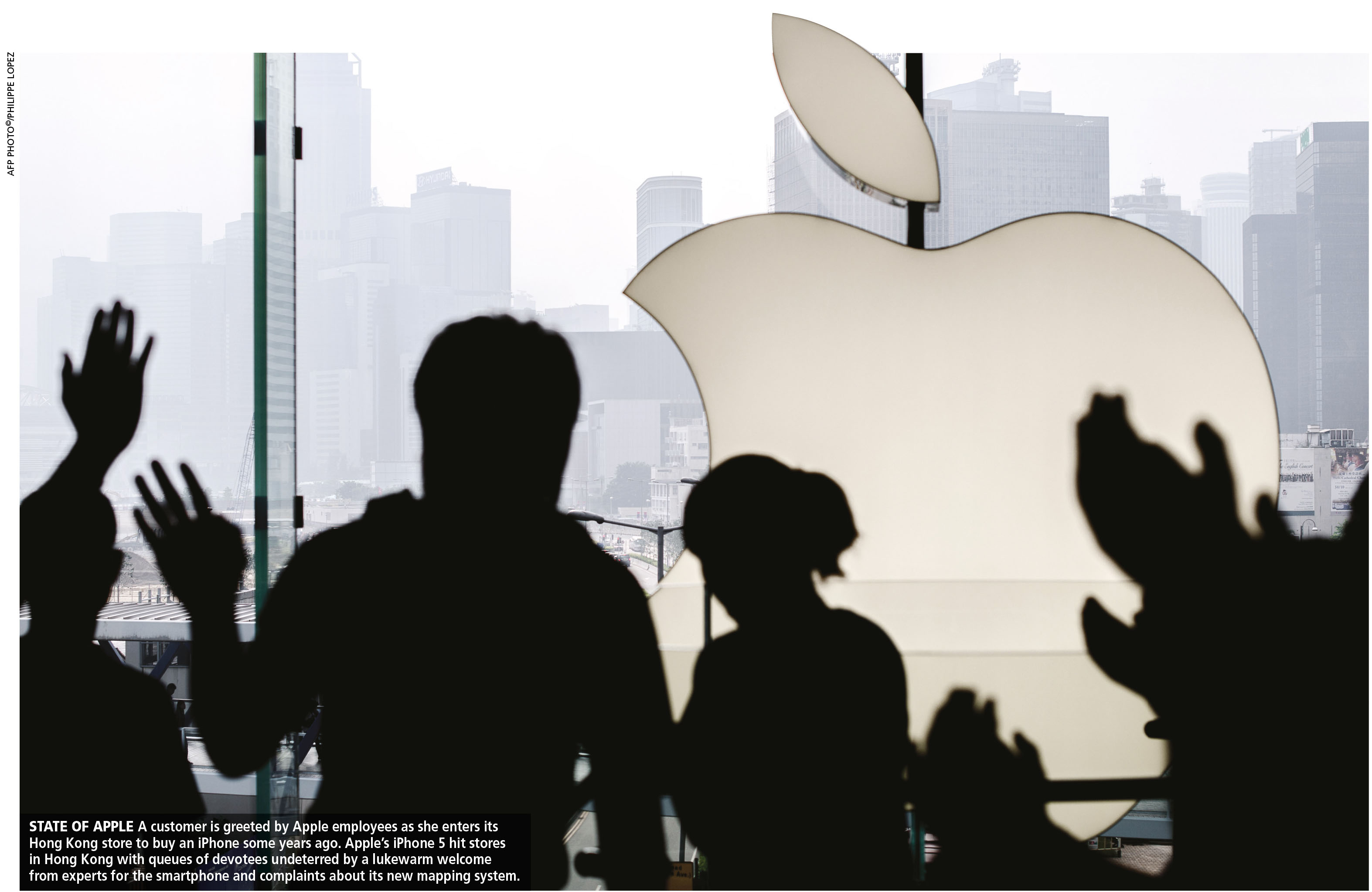GLOBALISED WORKPLACES
DIVERSITY REAPS REWARDS
Human capital must be able to flow smoothly across the world – Sanjeewaka Kulathunga
With rapid economic globalisation, the advancement of information and communications technology, and skilled migration, human resource managers are facing the mammoth task of managing and evaluating the skills, capabilities and potential of international human talent.
And the adaptation of a global mindset is a key to attracting talent for the corporate sector from around the world.
Global tech giants such as Apple, Google, Microsoft and Amazon et al. have been strategically attracting and selecting the cream of global talent, regardless of national and cultural boundaries. They have welcomed talented IT professionals through an international HR recruitment plan. Even in the midst of AI, human capital (and its management) is still a strategic function to gain a competitive edge.
The most successful global companies have been able to create and sustain employee-centric cultural diversity in order to attract human capital as part of their international expansion strategies. They expect to uplift core operations by hiring and retaining the finest talent from anywhere in the world.
Currently, there is intensive worldwide competition among multinational companies, which are headhunting across the globe disregarding national, geographical and cultural boundaries.
For instance, Google is catering to more than four billion internet users around the world with its internationally diverse workforce of 118,899 employees who reflect the multiplicity of global consumers hailing from various nationalities. It has opened more than 70 branches in over 50 countries around the world and is headquartered at Mountain View in California.
Google was the brainchild of American Larry Page and Russian immigrant Sergey Brin. The duo met when they were PhD candidates at Stanford University. The current CEO of Google Sundar Pichai migrated to the US from India.
There shouldn’t be any national or cultural barriers to the smooth flow of human capital across the seas for the advancement of a globalised community. Diversity in the workforce of a multinational company is a strategy that facilitates worldwide wisdom and knowledge for growth.
For example, the eye-catching motto of workforce diversity at Apple is ‘Different Together.’ The company believes that the diversity in its human capital is its corporate strength; and it doesn’t hesitate to acknowledge employees, what they have experienced and how they think in terms of various cultural dimensions.
Corporate HR leaders should be able to encourage their nationally and culturally diverse employees to be better represented at all levels in their companies This creates an international environment where wisdom and knowledge cross national and geographical boundaries.
Accordingly, the focal point of international HR strategy should be to nurture a diversified workforce that enjoys maximum care and assistance so that it can perform optimally.
The diversity of a global workforce can deliver enormous tangible and intangible corporate benefits to any international organisation. An employee from a different cultural background displaying non-native language skills is capable of expanding the path for international businesses.
Chinese employees in American companies for example, are tasked with communicating with their home market as they’re fluent in and aware of the language and culture respectively.
Indeed, there’s a higher demand for bilingual and trilingual workers due to the globalisation of businesses. Further, diversity experts in the field of human resource management believe that heterogeneous groups can contribute to the upliftment of an organisation with more creative and innovative ideas.
Diverse nationalities, cultures, religions and different genders are able to cross-fertilise various ideas to find innovative resolutions to corporate issues. As more diverse ideas are generated and communicated, the chances of finding pragmatic solutions also improve.
Therefore, an internationally diverse workforce could be more productive and culturally adaptive to the modern working environment due to the different perspectives it brings with it.
Diversity in the corporate leadership of an organisation enables senior management, as well as various functional managers and executives, to introduce new knowledge, skills and attitudes – they are necessary to achieve and protect corporate unity in the organisational culture.
Across the world, jobseekers who are endowed with exceptional talent are inevitably drawn to global companies with a diverse workforce since this signals nondiscriminatory employment policies.
The cream of human capital is no longer represented by a homogenous workforce but a diverse group with different national and cultural backgrounds.






Leave a comment